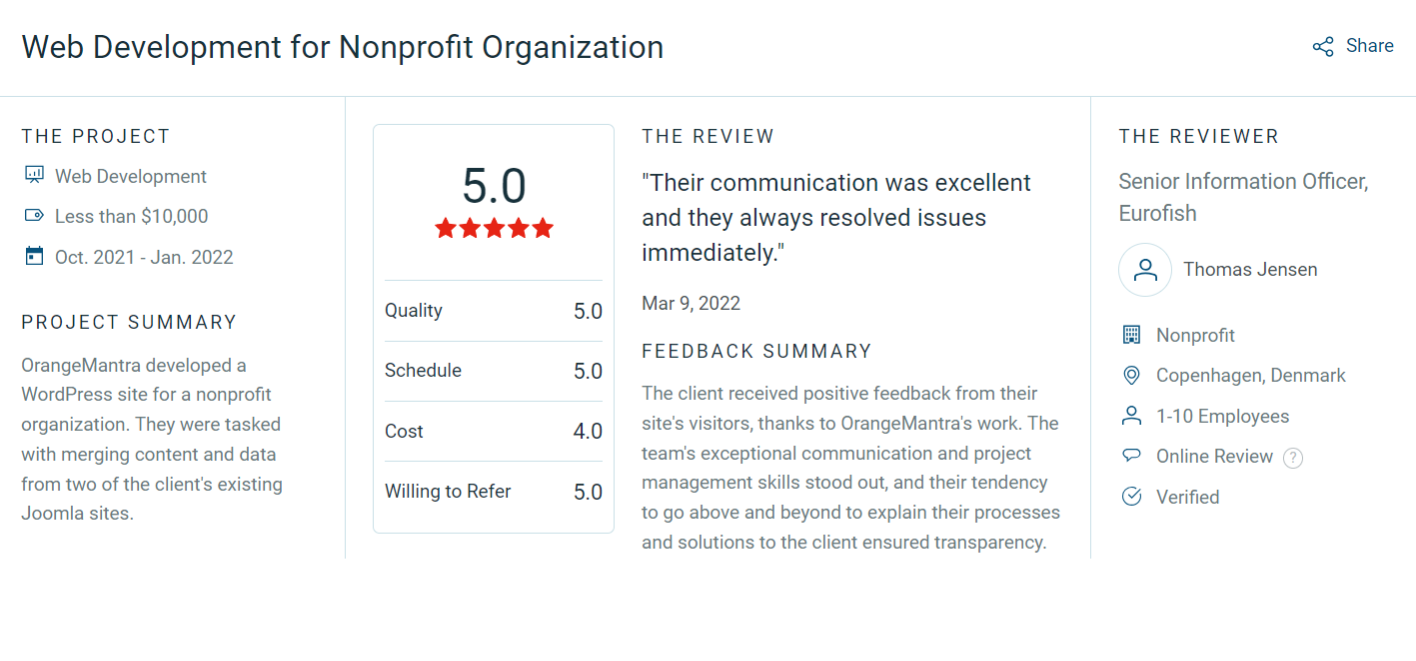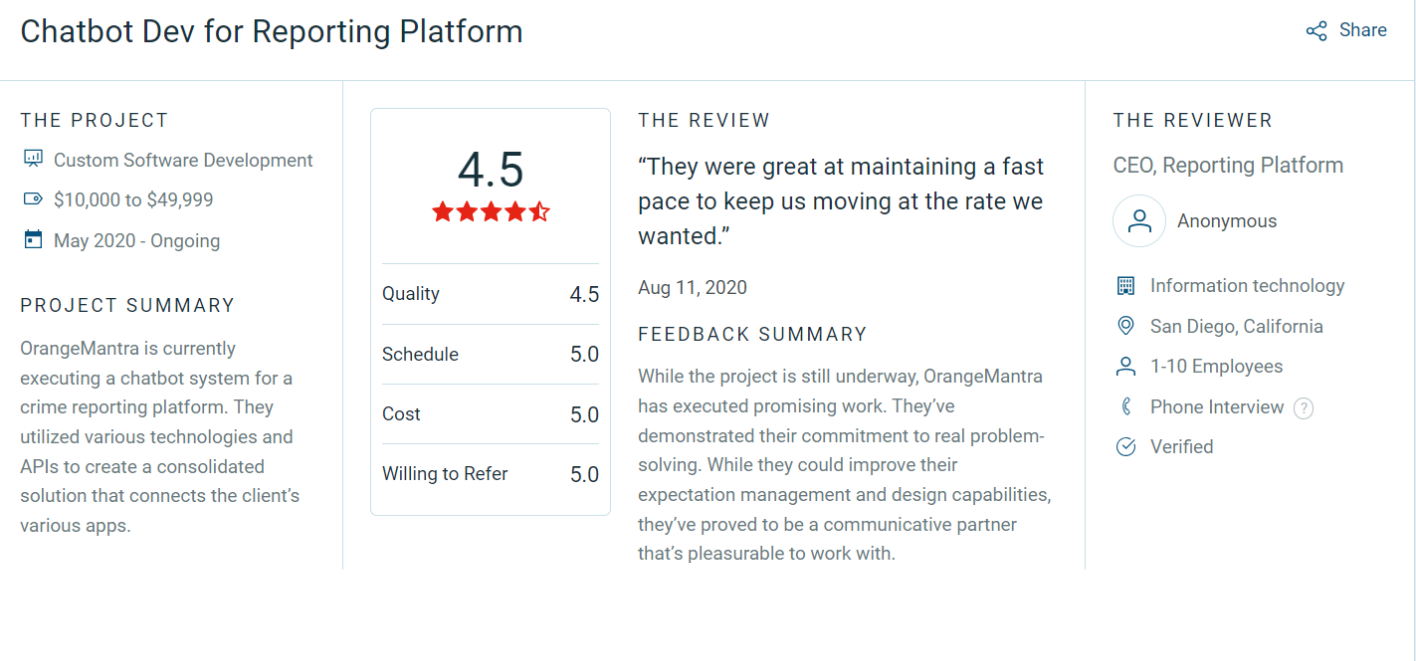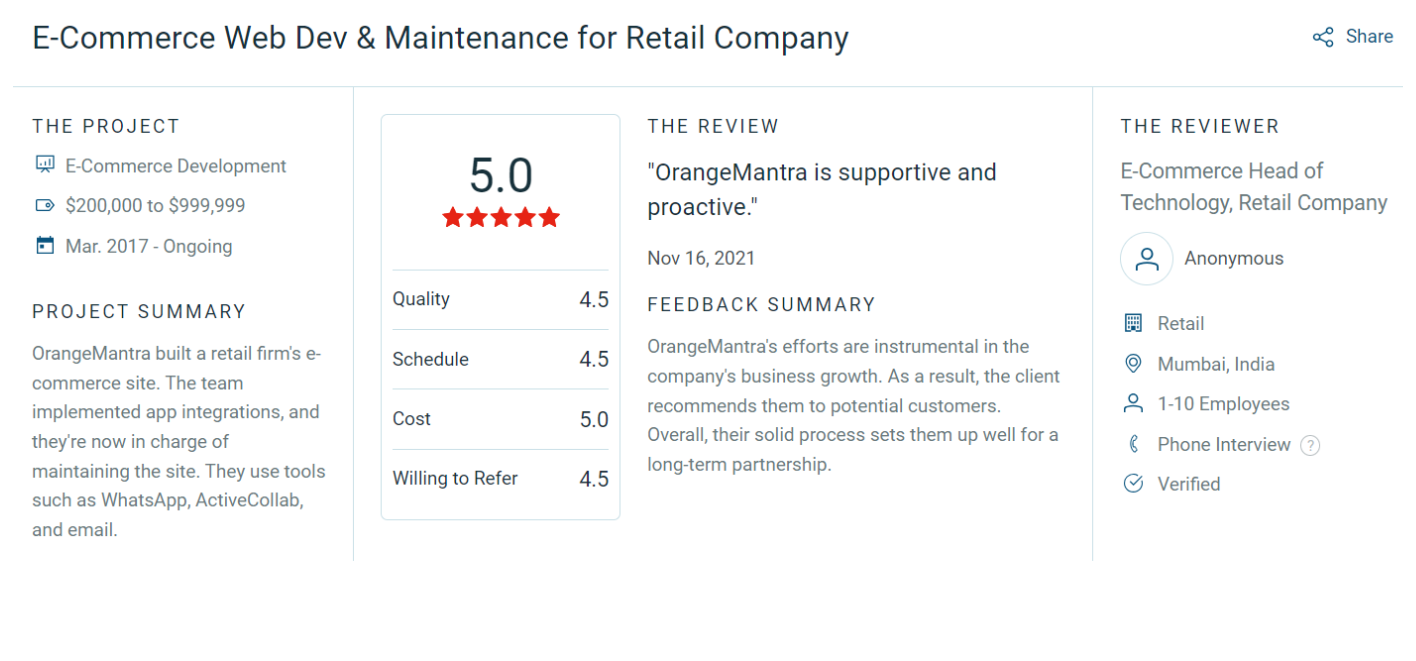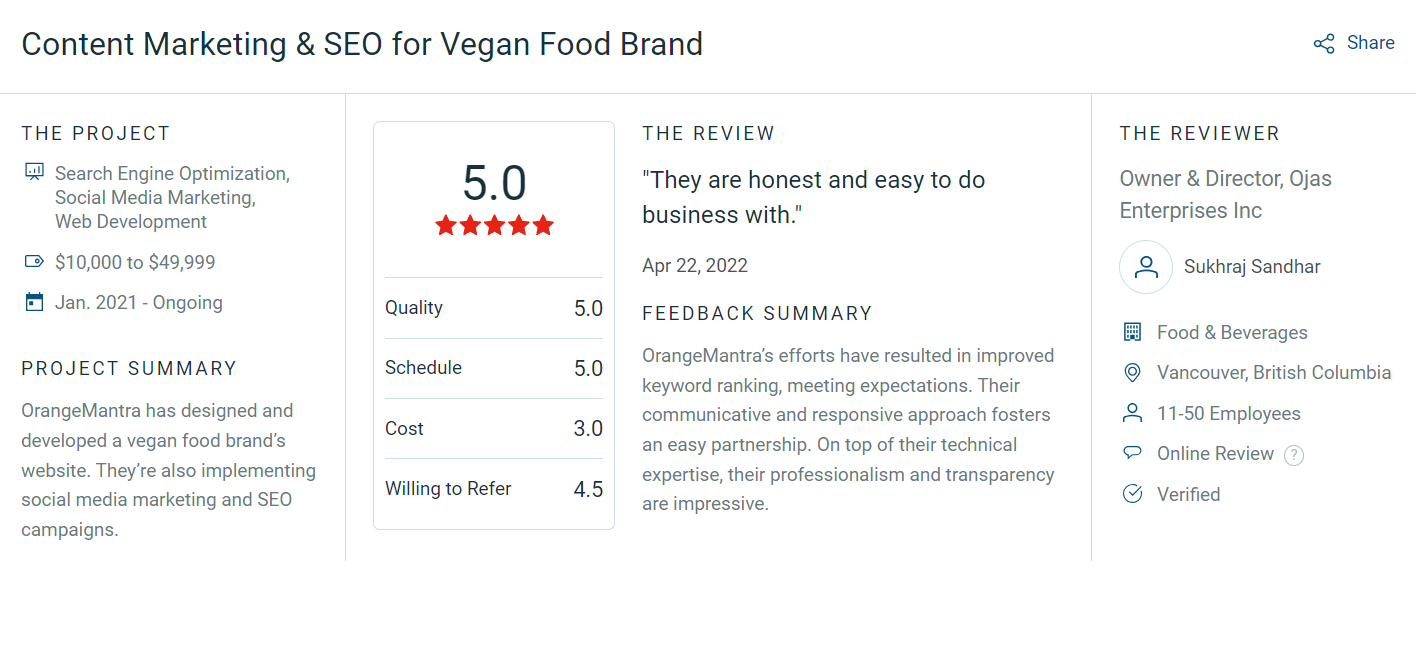The Problem: Manual Work Was Draining Legal Productivity
Legal teams spent excessive time on repetitive tasks like drafting, research, and documentation. This reduced focus on strategic work and slowed down matter progress.

A prominent US law firm sought to reduce manual workloads and leverage data for strategic advantage. Their challenge was that lawyers spent excessive time on administrative tasks, diluting focus on high-value work.
We integrated AI across six core workflows to power their productivity and decision-making.
Legal
AI Automation
Our team went deep dived to find out the fitting solution custom to our client requirements and executed it with inch-perfect precision
Our team shadowed attorneys to map 57 workflows and quantify time sinks via activity logs.
We created a UI prototype with explainable AI. We trained NLP model on firen’s comractise and one-tected for robusines
We rolled out the solution in phases with “Al Champions and real temp legal-rich support. Monthly KPI reviews and modid natraining with anonymind data arsund continuous improvement and ful de
Legal teams spent excessive time on repetitive tasks like drafting, research, and documentation. This reduced focus on strategic work and slowed down matter progress.

Client data exposure could violate ethics rules. Hence, we Implemented on-premises AI with zero-data retention and with HIPAA/GDPR-compliant encryption.


Skepticism about AI replacing legal judgment got the best out of the lawyer. We allayed their fear by co-designing tools with senior partners and preserved human oversight at all stages
Critical data lived in siloed databases. To overcome this challenge, we built API-first architecture syncing with Clio & NetDocuments.
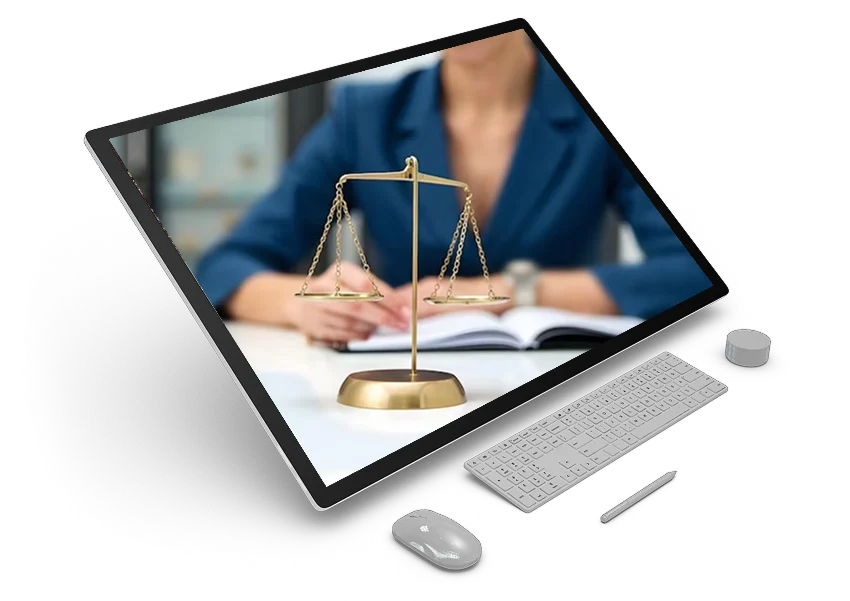
AI-assisted clause library and risk flagging expedited contract drafting.
Semantic precedent discovery made is easier and faster
This was over the 65% manual accuracy baseline.
Given its information-intensive, document-heavy, and rule-based nature, which are perfect matches for AI’s strengths, legal will be amongst the first industries to tap full AI potential.
Our AI solutions now serve as firm’s operational backbone, scaling to 3 new practice groups. By merging legal expertise with AI efficiency, the firm reduced overhead costs by 31% while elevating service quality. This shift positions them to lead in the AI-augmented legal landscape – where lawyers focus on advocacy, not administration.

